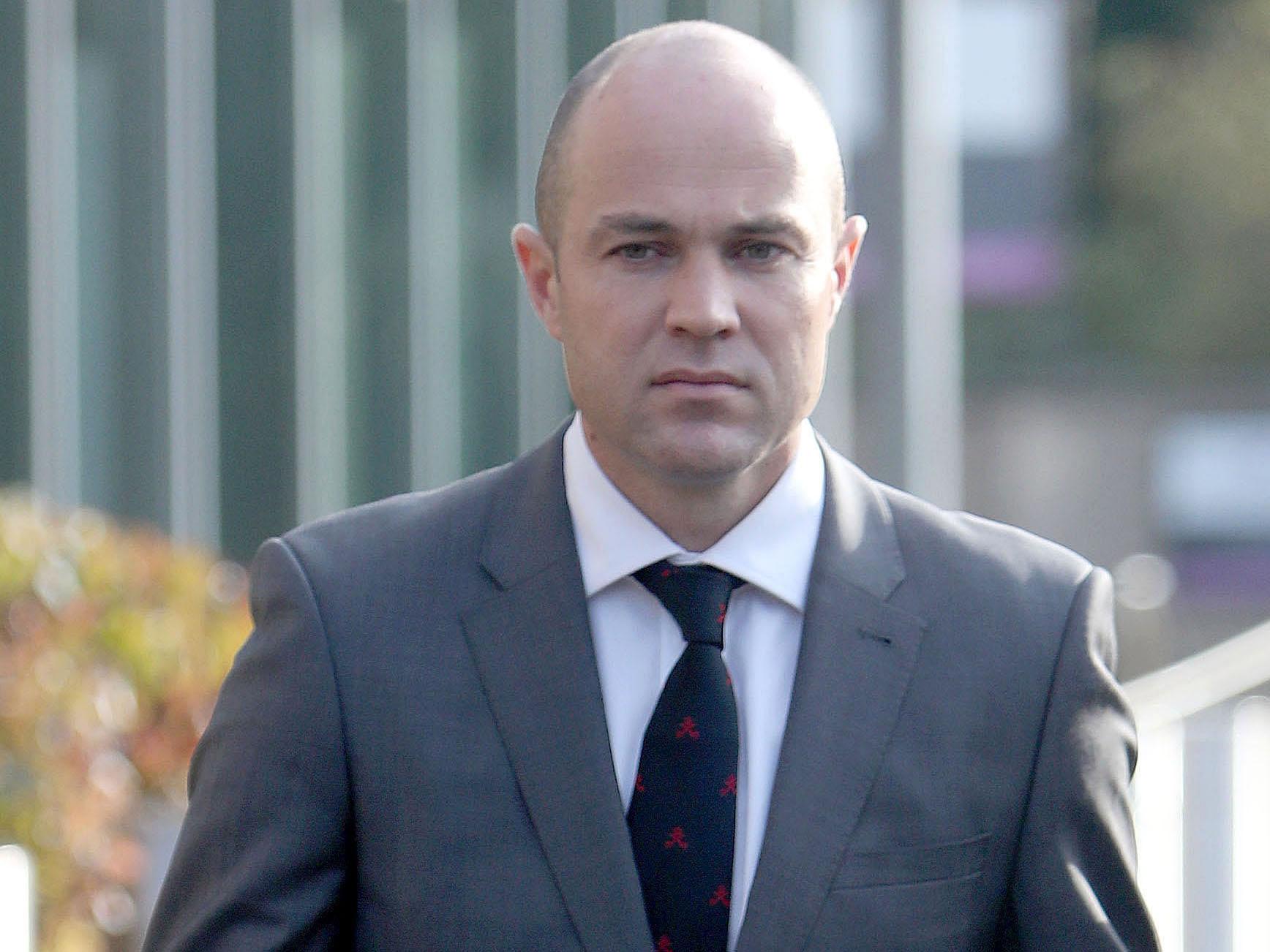Husband accused of sabotaging wife's parachute was 'unemotional' the next day
'The whole canopy was distorted, I have not seen anything like it before'

An Army sergeant accused of attempting to murder his wife by tampering with her parachute was "unemotional and bewildered" when he visited the airfield the following day, a court has heard.
Emile Cilliers, of the Royal Army Physical Training Corps is facing two charges of attempting to murder his former Army officer wife Victoria Cilliers, who suffered multiple serious injuries at Netheravon Airfield on Salisbury Plain, Wiltshire, on Easter Sunday 2015.
The 37-year-old is also accused of a third charge of damaging a gas valve at their home a few days earlier in the second allegation that he attempted to kill his 40-year-old wife. He denies all three charges.
Winchester Crown Court was told that the day after the incident, the defendant visited the airfield and met Mark Bayada, who has been chief instructor of the Army Parachute Association at Netheravon since 2013.
In his third day of giving evidence to the court, Mr Bayada said he had said in his police statement that Mr Cilliers had appeared "unemotional" and "bewildered" during the visit.
He added that Mr Cilliers had seemed "very quiet" and "in shock", but added that he did not know him very well personally.
He said that after further investigations by his staff, a decision was made later that afternoon to contact the police about the parachute malfunction.
The prosecution allege that the main parachute was tampered with and Mr Cilliers removed two slinks from the reserve which are used to attach the harness to the rigging.
He said that the landing area had been searched for the missing parts, including 45 people searching a week after the incident.
The court was told that witness James Lowrey saw Ms Cilliers' parachute "collapse in on itself" and compared it to a "quilt with a weight attached".
His statement, read to the jury, said: "I would surmise it's a line-over, which I have experienced myself before. The whole canopy was distorted, I have not seen anything like it before."
He also described how "it appeared to be wrapped around itself, the lines were clear to the jumper".
Responding to the description, Mr Bayada said it appeared that Ms Cilliers was not entangled in the main parachute and "was stable at the time of deployment".
Mr Bayada was asked by Elizabeth Marsh QC, representing Cilliers, if he felt there had been "no effort" by Mrs Cilliers to "kick-out" of the twists in the lines or use the brakes in the malfunctioning parachute.
He said: "In my mind, most likely, there was another problem, something stopping being able to release the brakes.
"It might be a legal thing but to me no effort means not even bothering. To me it suggests for a reason, they didn't take control, but not that it was no effort."
The trial continues.
Press Association
Subscribe to Independent Premium to bookmark this article
Want to bookmark your favourite articles and stories to read or reference later? Start your Independent Premium subscription today.

Join our commenting forum
Join thought-provoking conversations, follow other Independent readers and see their replies